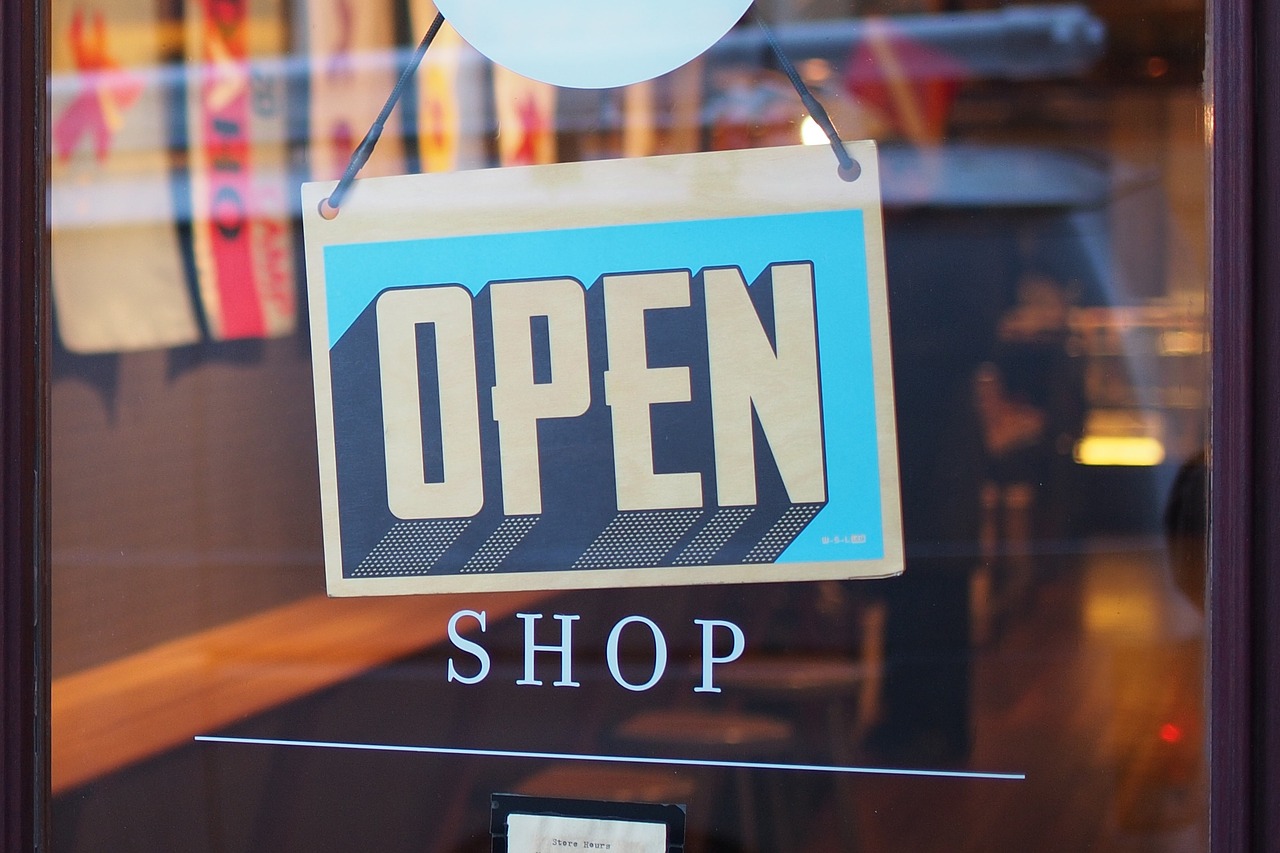Traditional shopping malls may be struggling in the Boston Metro, but strip malls are showing resilience. According to a report by Forbes, consumer trends show that in-person shopping is evolving rather than fading out.
Certainly, the pandemic era has challenged Boston Metro retailers to change the way they attract and serve customers. A combination of online-ordering and curbside pickup has proven to be a workable solution for retailers like Kohls, which are typically located in strip malls. A variety of retailers, including big-box stores, have begun to offer curbside pick-up as well as home delivery.
For retailers located in enclosed malls, curbside pick-up and home delivery is more difficult to provide. The overhead costs of a mall tenant are also much higher than most strip mall occupants. Retailers with large store footprints, such as Macy’s, were already beginning to shift to smaller, more flexible concepts that would work in strip malls.
Retailer migration to strip malls is likely to accelerate for a simple reason: it’s where the customers are. When a shopping center includes a frequent-visit anchor like a grocery store, fitness center or take-out restaurant, retailers have better odds of attracting impulse visits and return visits by consumers.
Consumers are also spending less time in stores, preferring to pick up items as needed rather than endure a shopping marathon. Smaller retail footprints, located in convenient, frequently-visited shopping centers, offer customers an easy shopping experience that can better compete against e-commerce giants.
When you are ready to begin, relocate or expand your business, team up with the Jay Nuss Realty Group, LLC! Whether you are thinking of buying, leasing, or investing in Boston Metro commercial real estate, we can help you find the ideal property.
Contact us today for expert guidance!
Jay Nuss
Jay Nuss Realty Group, LLC
Check Out Our Website
Like Me on Facebook
Follow Me on Twitter
Connect With Me on LinkedIn

